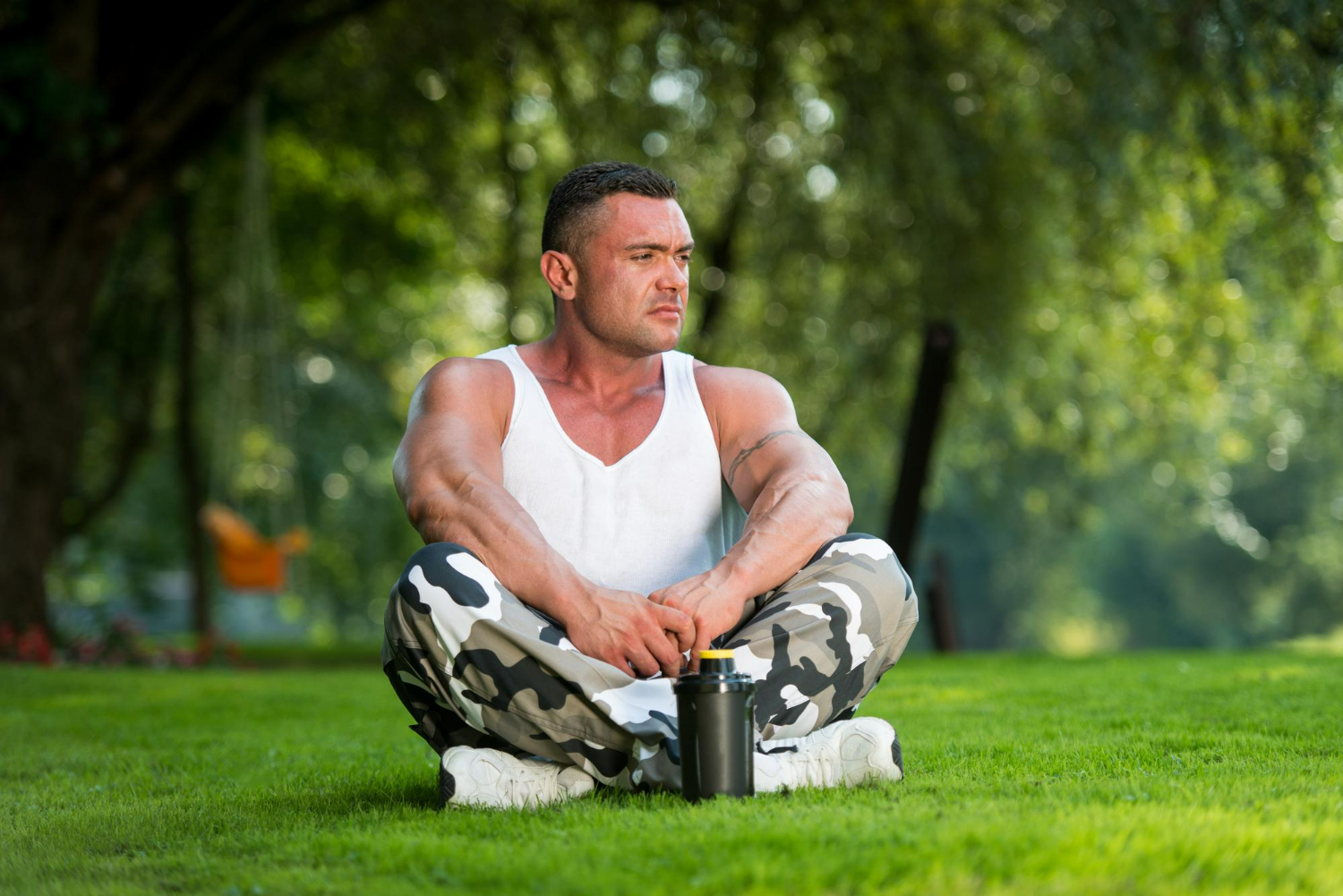As veterans go beyond the battlefield, they face formidable foes against their mental health. Several mental health challenges, such as post-traumatic stress disorder (PTSD), depression, and anxiety, can torment their transition back to civilian life. However, in these dark times, mindfulness and meditation techniques emerge as rays of hope. In this blog post, we’ll explore how these practices can serve as a holy grail for veterans’ mental health on the path toward a successful recovery journey.
Mindfulness and Meditation in a Nutshell
Before we delve deeply into the tips on how to apply these techniques to veterans’ well-being, it’s important to know the essence of mindfulness and meditation. Mindfulness is a practice that involves purposefully having awareness of the present moment. It’s about acknowledging and accepting the presence of one’s feelings, thoughts, and bodily sensations. Meditation is a mindfulness technique that encompasses a range of practices, such as guided imagery and body scans, with the purpose of training the mind to increase self-awareness and emotional regulation, achieving a state of calm and clarity. Practicing mindfulness and meditation techniques can lead to improvements in stress management and foster a smoother healing journey.
Mental Challenges Among Veterans: What’s It’s Like
More than the physical injuries from their life of service, veterans also grapple with invisible wounds that torment the mind. Mental health challenges such as PTSD, depression, and anxiety can make the path to recovery even more arduous. Oftentimes, these challenges exist with other conditions, like how PTSD and chronic pain usually come together, which can further complicate mental health management. Some even suffer from substance use disorders (SUDs) while having these mental health concerns. Traditional mental health services may fail to address these unique needs, which highlights the importance of alternative approaches such as mindfulness and meditation.
Benefits of Mindfulness and Meditation for Veterans
Mindfulness and meditation provide several benefits that can better resonate with veterans’ experiences. Here are some of the benefits:
- Reduce stress. Studies show that meditation techniques may help reduce the symptoms of PTSD. By fostering self-awareness and a sense of presence, mindfulness can lessen the persistent grip of stress.
- Regulate emotions. With mindfulness, veterans may learn to navigate turbulent emotions with grace and resilience, finding calm and peace in the process. It can also help veterans deal with anxiety and depression.
- Improve sleep quality. Increased stress and anxiety may prevent veterans from getting a good night’s rest. Meditation techniques may allow you to be more aware of your thoughts and to be able to let go of stressors and anxiety-inducing thoughts that may impede you from having restorative sleep.
- Increase self-awareness. Mindfulness and meditation techniques aid veterans in exploring the depths of their inner minds and thoughts, which can promote self-discovery and compassion in recovery.
Tips for Incorporating Mindfulness into Your Daily Routine
Embarking on a mindfulness journey doesn’t need to be unnerving. Here are some ways to effectively incorporate mindfulness and meditation into your daily routine:
- Start with simple exercises. Breathing exercises and mindful body scans are simple yet profound exercises that can be done anytime to foster a sense of calm, offering respite from chaotic thoughts.
- Consistency is key. Establish a routine that works best for you. Setting a specific time each day for mindfulness practices will create a habit that can seamlessly fit into your daily routine.
- Combine mindfulness with physical activity. Practicing mindfulness techniques with exercises such as yoga and walking can help bolster its mental health benefits and make the process more fun.
- Personal mindfulness practice. Just like each recovery journey is unique to each veteran, mindfulness is also personal. Finding techniques that resonate deeply with you and address your unique experiences as a veteran in the most effective way is highly recommended.
Practice Mindfulness at the California Recovery Center
As veterans navigate through the complex journey to recovery, mindfulness and meditation shine a ray of hope amidst these dark times. To cultivate presence and achieve resilience, veterans can access mindfulness resources through different treatment services. Here at the California Recovery Center, we stand in solidarity with you about the importance of these mindfulness techniques as powerful tools for a successful recovery for veterans. If you or your loved one is a veteran seeking treatment centers and recovery facilities, our doors are open to support you. With our Veteran Care Program, we offer veteran-specific treatment services for a journey of healing and transformation for our heroes returning from the battlefield.
If you wish to learn more about our services, feel free to reach out to us today at (916) 848-5744.




